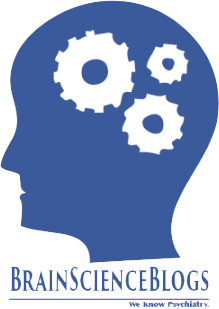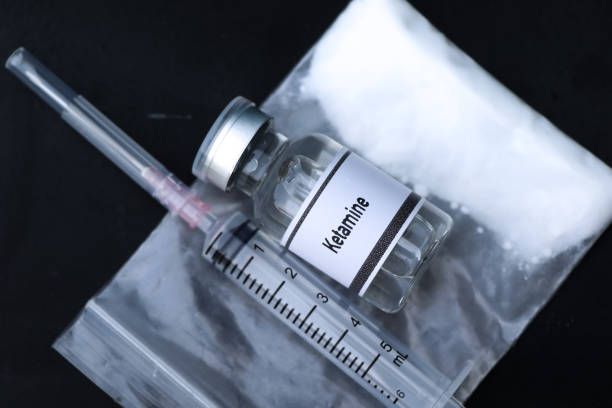Autism
Researchers at University of California San Diego School of Medicine are preparing a first-of-its-kind, multidisciplinary investigation to determine if and how cannabidiol (CBD), a non-psychoactive compound found in the cannabis plant, provides therapeutic benefit to children with severe symptoms of autism spectrum disorder (ASD).
The study, scheduled to launch in approximately one year, is funded by a $4.7 million gift from the Ray and Tye Noorda Foundation, in partnership with the Wholistic Research and Education Foundation. It represents the largest known private gift to date for medicinal cannabis research in the United States.
Based at the UC San Diego School of Medicine’s Center for Medicinal Cannabis Research (CMCR), the study will involve a team of physicians and scientists employing clinical assessments, coupled with basic and translational research, across a cohort of patients, to better understand how CBD interacts with or alters neural activity and if it effectively and safely alleviates some of the more problematic symptoms of ASD, such as aggressive behaviors, repetitive or self-injurious behaviors, hyperactivity and social and communicative deficits.
“We clearly need more treatment options for children with moderate to severe autism, those who suffer the greatest impact and who need the most help,” said Igor Grant, MD, CMCR director and chair of the Department of Psychiatry at UC San Diego School of Medicine. “It is becoming more apparent that CBD has a number of effects on the central nervous system that may be relevant to autism and there are anecdotal reports suggesting CBD treatments may improve functioning in an ASD child.
“Investigating the effects of cannabidiol on autism has been a long-term goal for CMCR. We are excited to begin this clinical trial and unlock additional, evidence-based knowledge of how cannabis and cannabinoids can be used as medicines, not only for autism, but in the future for other neurodevelopmental and neuropsychiatric disorders.”
ASD affects an estimated one in 68 children in the United States, primarily boys. The neurodevelopmental disorder is complex, with multiple known or suspected causative factors, from inherited genetic mutations to environmental conditions to metabolic dysfunction. A major consequence is abnormal development and functioning of connectivity and communications between brain cells and among neural networks, resulting in many of the observed social and cognitive impairments in persons with ASD.
“The most exciting part of this novel study is that the findings could have tremendous implications for not just children with autism, but for children with other types of neurodevelopmental disabilities,” said Doris Trauner, MD, Distinguished Professor of Neurosciences and Pediatrics at UC San Diego School of Medicine and an attending pediatric neurologist at Rady Children’s Hospital-San Diego with special expertise in neurodevelopmental disabilities. As principal investigator, Trauner will oversee the design and execution of the clinical trial.
CBD is a major chemical compound found in cannabis. It does not produce the effects of feeling “high,” which are caused by tetrahydrocannabinol or THC (the psychoactive ingredient in marijuana), but as one of more than 100 cannabinoids in cannabis, CBD interacts with the body’s endocannabinoid system, a network of neurotransmitters that regulate diverse physiological and cognitive processes and response to stress. CBD may additionally influence other neural signaling pathways. Some data suggest that CBD may be effective in seizure control, and could reduce disordered thinking in schizophrenia and anxiety symptoms in several conditions, including post-traumatic stress disorder.
Grant said accumulating evidence suggests the endocannabinoid system is associated with four phenotypic features known to be atypical in ASD: social reward responsivity, neural development, circadian rhythm and anxiety-related symptoms. “That makes the endocannabinoid system a prime region for finding and testing new, potentially therapeutic compounds, such as CBD.”
Stress, Anxiety and Depression
In a first-of-a-kind study, Washington State University scientists examined how peoples’ self-reported levels of stress, anxiety and depression were affected by smoking different strains and quantities of cannabis at home.
Their work, published this month in the Journal of Affective Disorders, suggests smoking cannabis can significantly reduce short-term levels of depression, anxiety, and stress but may contribute to worse overall feelings of depression over time.
It marks one of the first attempts by U.S. scientists to assess how cannabis with varying concentrations of the chemical compounds tetrahydrocannabinol (THC) and cannabidiol (CBD) affect medicinal cannabis users’ feelings of wellbeing when smoked outside of a laboratory.
“Existing research on the effects of cannabis on depression, anxiety and stress are very rare and have almost exclusively been done with orally administered THC pills in a laboratory,” said Carrie Cuttler, clinical assistant professor of psychology at WSU and lead author of the study. “What is unique about our study is that we looked at actual inhaled cannabis by medical marijuana patients who were using it in the comfort of their own homes as opposed to a laboratory.”
For example, the WSU research team found that one puff of cannabis high in CBD and low in THC was optimal for reducing symptoms of depression, two puffs of any type of cannabis was sufficient to reduce symptoms of anxiety, while 10 or more puffs of cannabis high in CBD and high in THC produced the largest reductions in stress.
“A lot of consumers seem to be under the false assumption that more THC is always better,” Cuttler said. “Our study shows that CBD is also a very important ingredient in cannabis and may augment some of the positive effects of THC.”
The researchers also found that while both sexes reported decreases in all three symptoms after using cannabis, women reported a significantly greater reduction in anxiety following cannabis use.




Leave A Comment